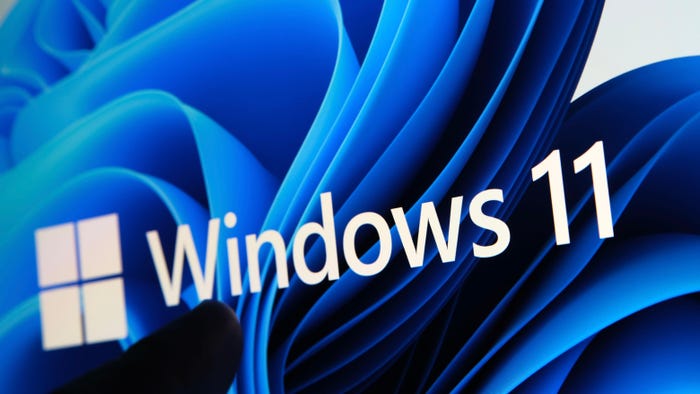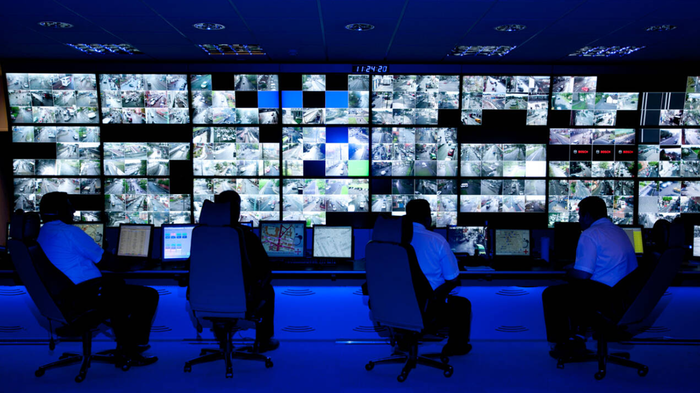Microsoft Says Sophos Overhypes Windows 7 Malware Threat
Says Sophos' methodology was flawed, in part because the testers did not take advantage of Microsoft security tools

Microsoft (NSDQ: MSFT) accused a software industry rival of overhyping tests results that purported to show security features in the new Windows 7 operating system fail to block 80% of malware threats.
"I'm not a fan of companies sensationalizing findings about Windows 7 in order to sell more of their own software," said Paul Cooke, Microsoft's director of Windows Enterprise Client Security, in a blog post Friday.
Cooke's blog came in response to an earlier post by Chester Wisniewski, senior security advisor at anti-virus software maker Sophos. Wisniewski said Sophos' tests revealed that Windows 7 is "vulnerable to 8 out of 10 viruses."
Sophos obtained its results by planting ten instances of known malware onto a PC running Windows 7. Only two were caught by the OS. "Unfortunately, despite Microsoft's claims, Windows 7 disappointed just like earlier versions of Windows," Wisniewski wrote.
"Lesson learned? You still need to run anti-virus on Windows 7," Wisniewski added in his post.
Microsoft's Cooke, however, countered that Sophos' methodology was flawed, in part because the testers did not take advantage of Microsoft security tools, such as Internet Explorer's SmartScreen filter, that are not directly part of Windows 7 but to which an ordinary user would have access.
"The SmartScreen filter will notify you when you attempt to download software that is unsafe—which the SophosLabs methodology totally bypassed in doing their test," wrote Cooke.
Still, Cooke said he agreed with Sophos' recommendation that Windows 7 users run anti-virus software on their PCs. "Users of any computer, on any platform, should run anti-virus software, including those running Windows 7," said Cooke.
It's not surprising that Microsoft is butting heads with third-party security vendors. The company to a degree undercut their business models earlier this year when it released Microsoft Security Essentials, which includes an anti-virus component, as a free download.
FBR Capital Markets analyst Daniel Ives has called MSE a "long-term threat" to security software makers, including Symantec (NSDQ: SYMC) and McAfee.
InformationWeek has published an indepth report on Windows 7. Download the report here (registration required).
Read more about:
2009About the Author
You May Also Like
Catch the Threat Before it Catches you: Proactive Ransomware Defense
September 5, 2024How to Evaluate Hybrid-Cloud Network Policies and Enhance Security
September 18, 2024DORA and PCI DSS 4.0: Scale Your Mainframe Security Strategy Among Evolving Regulations
September 26, 2024Harnessing the Power of Automation to Boost Enterprise Cybersecurity
October 3, 2024
[Virtual Event] The Essential Guide to Cloud Management
October 17, 2024Black Hat Europe - December 9-12 - Learn More
December 10, 2024SecTor - Canada's IT Security Conference Oct 22-24 - Learn More
October 22, 2024



_Tero_Vesalainen_Alamy.jpg?width=700&auto=webp&quality=80&disable=upscale)
